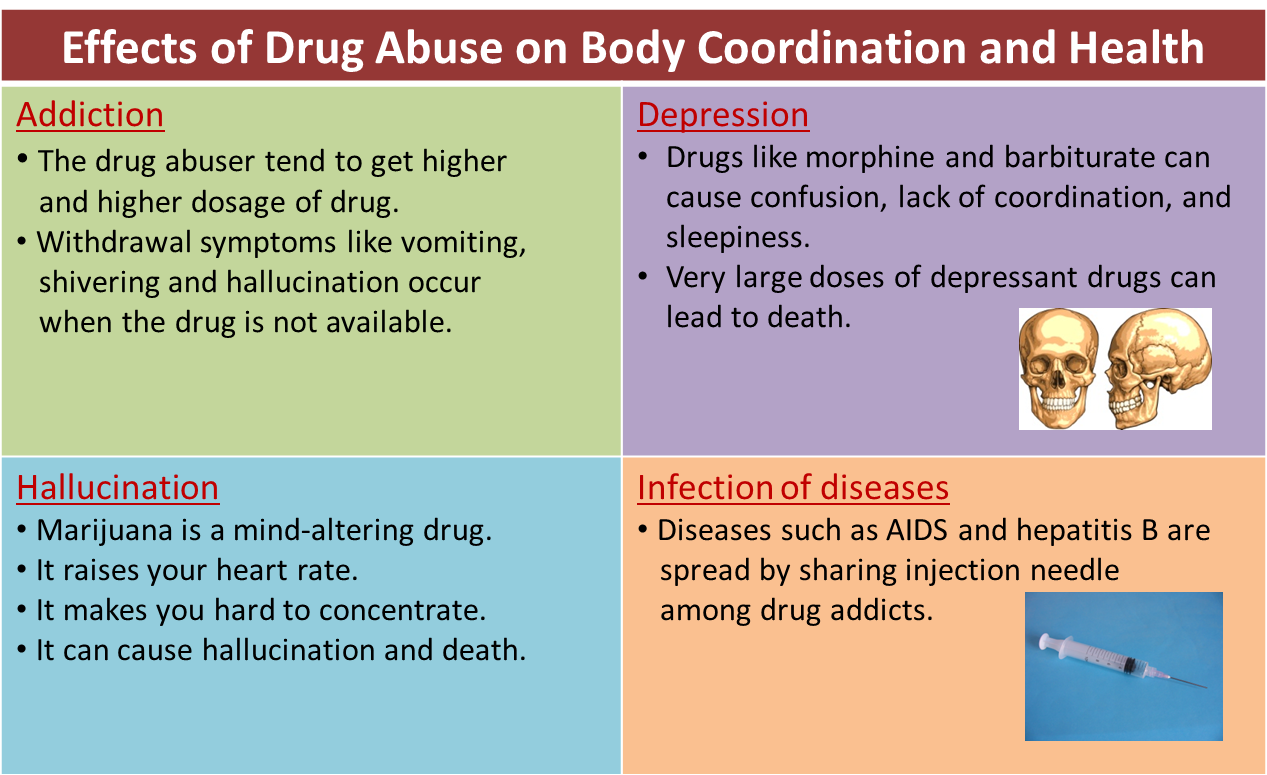Prescription drug abuse is a growing problem that is affecting individuals of all ages and backgrounds. The misuse of prescription medications can have a profound impact on both physical and mental health, as well as overall well-being. In this article, we will explore the various ways in which prescription drug abuse can negatively impact an individual’s health and well-being.
What is Prescription Drug Abuse?
Prescription drug abuse is the use of prescription medications in a manner that is not prescribed by a healthcare professional. This can include taking medications in higher doses than prescribed, combining them with other substances, or using them for recreational purposes. Commonly abused prescription drugs include opioids, benzodiazepines, and stimulants.
Physical Health Effects
One of the most significant impacts of prescription drug abuse is on physical health. Misusing prescription medications can lead to a range of health problems, including respiratory depression, cardiovascular issues, organ damage, and overdose. Long-term abuse of prescription drugs can also result in tolerance, dependence, and addiction, making it difficult for individuals to stop using the medications even when they are aware of the harm they are causing to their bodies.
Mental Health Effects
In addition to physical health effects, prescription drug abuse can also have a significant impact on mental health. Many prescription medications, particularly opioids and benzodiazepines, can alter brain chemistry and lead to mood disorders, anxiety, depression, and cognitive impairment. Individuals who abuse prescription drugs may also experience changes in behavior, such as increased aggression, impulsivity, and risk-taking.
Social and Emotional Effects
Prescription drug abuse can also have negative effects on an individual’s social and emotional well-being. Relationships with family and friends may be strained or broken as a result of drug abuse, and individuals may experience feelings of guilt, shame, and isolation. Many individuals who abuse prescription drugs also struggle with financial issues, legal problems, and difficulties maintaining employment or educational opportunities.
Prevention and Treatment
Preventing prescription drug abuse requires a multi-faceted approach that includes education, monitoring, and access to resources for individuals who are at risk of substance abuse. Healthcare professionals can play a crucial role in educating patients about the dangers of misusing prescription medications and monitoring their use to prevent abuse. Additionally, individuals who are struggling with prescription drug abuse can benefit from treatment programs that offer counseling, therapy, and medication-assisted treatment to help them overcome their addictions.
Conclusion
Prescription drug abuse can have devastating effects on an individual’s health and well-being, impacting both physical and mental health, as well as social and emotional well-being. It is important for individuals to be aware of the risks of prescription drug abuse and to seek help if they are struggling with addiction. By taking proactive steps to prevent and address prescription drug abuse, individuals can protect their health and improve their overall well-being.
Remember, if you or someone you know is struggling with prescription drug abuse, there is help available. Don’t wait until it’s too late to seek treatment and support.
